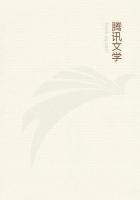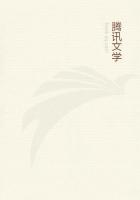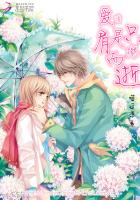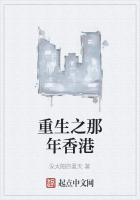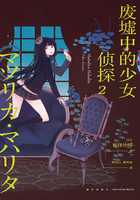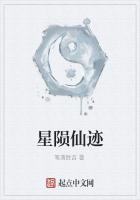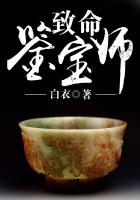So there is an outlook for every mood, and I doubt not that this ingenious provision contributes potently towards promoting bibliomaniac harmony and prosperity in my friend's household. It is true that I myself am not susceptible to external influences when once I am surrounded by books; I do not care a fig whether my library overlooks a garden or a desert; give me my dear companions in their dress of leather, cloth, or boards, and it matters not to me whether God sends storm or sunshine, flowers or hail, light or darkness, noise or calm. Yet I know and admit that environment means much to most people, and I do most heartily applaud Dr. O'Rell's versatile device.
I have always thought that De Quincey's workshop would have given me great delight. The particular thing that excited De Quincey's choler was interference with his books and manuscripts, which he piled atop of one another upon the floor and over his desk, until at last there would be but a narrow little pathway from the desk to the fireplace and from the fireplace to the door; and his writing-table--gracious! what a Pelion upon Ossa of confusion it must have been!
Yet De Quincey insisted that he knew ``just where everything was,'' and he merely exacted that the servants attempt no such vandalism as ``cleaning up'' in his workshop. Of course there would presently come a time when there was no more room on the table and when the little pathway to the fireplace and the door would be no longer visible; then, with a sigh, De Quincey would lock the door of that room and betake himself to other quarters, which in turn would eventually become quite as littered up, cluttered up, and impassable as the first rooms.
From all that can be gathered upon the subject it would appear that De Quincey was careless in his treatment of books; I have read somewhere (but I forget where) that he used his forefinger as a paper-cutter and that he did not hesitate to mutilate old folios which he borrowed. But he was extraordinarily tender with his manuscripts; and he was wont to carry in his pockets a soft brush with which he used to dust off his manuscripts most carefully before handing them to the publisher.
Sir Walter Scott was similarly careful with his books, and he used, for purposes of dusting them, the end of a fox's tail set in a handle of silver. Scott, was, however, particular and systematic in the arrangement of his books, and his work-room, with its choice bric-a-brac and its interesting collection of pictures and framed letters, was a veritable paradise to the visiting book-lover and curio- lover. He was as fond of early rising as Francis Jeffrey was averse to it, and both these eminent men were strongly attached to animal pets. Jeffrey particularly affected an aged and garrulous parrot and an equally disreputable little dog. Scott was so stanch a friend of dogs that wherever he went he was accompanied by one or two--sometimes by a whole kennel--of these faithful brutes.
In Mrs. Gordon's noble ``Memoirs'' we have a vivid picture of Professor Wilson's workroom. All was confusion there: ``his room was a strange mixture of what may be called order and untidiness, for there was not a scrap of paper or a book that his hand could not light upon in a moment, while to the casual eye, in search of discovery, it would appear chaos.'' Wilson had no love for fine furniture, and he seems to have crowded his books together without regard to any system of classification. He had a habit of mixing his books around with fishing-tackle, and his charming biographer tells us it was no uncommon thing to find the ``Wealth of Nations,'' ``Boxiana,'' the ``Faerie Queen,'' Jeremy Taylor, and Ben Jonson occupying close quarters with fishing-rods, boxing-gloves, and tins of barley-sugar.
Charles Lamb's favorite workshop was in an attic; upon the walls of this room he and his sister pasted old prints and gay pictures, and this resulted in giving the place a cheery aspect.
Lamb loved old books, old friends, old times; ``he evades the present, he works at the future, and his affections revert to and settle on the past,''--so says Hazlitt. His favorite books seem to have been Bunyan's ``Holy War,'' Browne's ``Urn-Burial,''
Burton's ``Anatomy of Melancholy,'' Fuller's ``Worthies,'' and Taylor's ``Holy Living and Dying.'' Thomas Westwood tells us that there were few modern volumes in his library, it being his custom to give away and throw away (as the same writer asserts)presentation copies of contemporaneous literature. Says Barry Cornwall: ``Lamb's pleasures lay amongst the books of the old English writers,'' and Lamb himself uttered these memorable words: ``I cannot sit and think--books think for me.''
Wordsworth, on the other hand, cared little for books; his library was a small one, embracing hardly more than five hundred volumes. He drew his inspiration not from books, but from Nature. From all that I have heard of him I judge him to have been a very dull man. Allibone relates of him that he once remarked that he did not consider himself a witty poet.
``Indeed,'' quoth he, ``I don't think I ever was witty but once in my life.''
His friends urged him to tell them about it. After some hesitation, he said: ``Well, I will tell you. I was standing some time ago at the entrance of Rydal Mount. A man accosted me with the question: `Pray, sir, have you seen my wife pass by?'
Whereupon I retorted, `Why, my good friend, I didn't know till this moment that you had a wife.' ''
Illustrative of Wordsworth's vanity, it is told that when it was reported that the next Waverley novel was to be ``Rob Roy,'' the poet took down his ``Ballads'' and read to the company ``Rob Roy's Grave.'' Then he said gravely: ``I do not know what more Mr. Scott can have to say on the subject.''
Wordsworth and Dickens disliked each other cordially. Having been asked his opinion of the young novelist, Wordsworth answered: ``Why, I'm not much given to turn critic on people Imeet; but, as you ask me, I will cordially avow that I thought him a very talkative young person--but I dare say he may be very clever. Mind, I don't want to say a word against him, for I have never read a line he has written.''
The same inquirer subsequently asked Dickens how he liked Wordsworth.
``Like him!'' roared Dickens, ``not at all; he is a dreadful Old Ass!''

